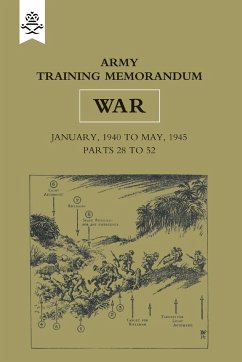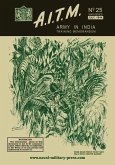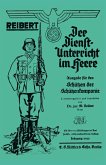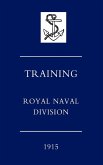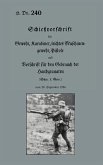These memoranda on the training of troops, issued by the War Office to every officer in the British Army, reflect evolving official 792 page doctrine on tactics under the impact of experience. The first memorandum was issued in 1940, in what were indisputably the darkest days of the war for Britain. It includes sections on such subjects as the Bren light machine gun; how to protect motorised transport from Air Attack; and how to improvise when weapons and equipment are short (as they frequently were). The warning : 'Not to be taken into Front Line Trenches' at the beginning of the memo suggests that the top Brass were expecting a replay of the Great War. If so, the Blitzkrieg proved a salutary lesson, and subsequent memoranda are full of useful advice on tanks and how to deal with their attacks. By April 1941, the memos have absorbed the first lessons from the desert war in North Africa, particularly the spectacular British success (the first of the war) against the Italians at Sidi Barrani in December 1941: 'If a small bunch of Italians at Sidi Barrani, on discovering that our tanks had taken them in the rear, had nevertheless resolved to go on fighting to the death ...the Libyan campaign might have been stifled at birth'. By 1943, officers are being told to counter insidious German attempts to undermine morale by listening regularly to BBC bulletins, and grimly, on the eve of D-Day, they are being told to acquaint themselves with the correct procedure for burying the dead. As the war in the Far East intensified, officers confronted by stubborn enemy resistance are told: 'The Japanese is a human being. He is not a physical freak, and he has all the ordinary physical; limitations'* This is the history of the Second World War as seen through the eyes of the High Command - as such it is an invaluable collection of documents.
Bitte wählen Sie Ihr Anliegen aus.
Rechnungen
Retourenschein anfordern
Bestellstatus
Storno

